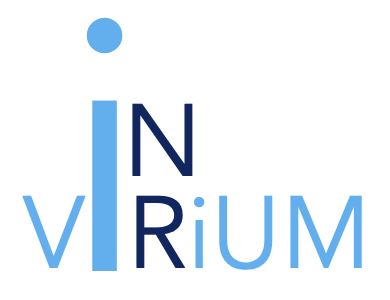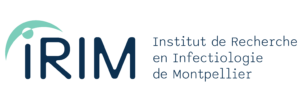2 Postdoctoral positions on innate immunity and respiratory viruses to work on the ERC-funded project InVIRium led by Caroline Goujon


The Interferon and Antiviral Restriction Lab, led by Caroline Goujon, is recruiting 2 postdoctoral fellows on innate immunity and respiratory viruses to work on the ERC-funded InVIRium project, for up to 4 and 5 years, respectively:
– 1 postdoctoral fellow with a strong expertise in the fields of innate immunity and respiratory viruses (experience in BSL-3 lab, and with respiratory viruses required). Experience in 3D-cultures of primary airway epithelia would be a massive plus.
– 1 postdoctoral fellow with skills in bioinformatics (scRNA-seq and NGS analyses) and in wet lab experiments, with expertise in molecular virology.
The InVIRium project aims at understanding the relationships between respiratory viruses and their host cells, using highly pertinent models of airway epithelia cultured at the air-liquid interface, with a major focus on respiratory viruses (coronaviruses, influenza viruses and respiratory syncytial virus) and on interferon-induced antiviral restriction.
The 2 positions will be available from the beginning of 2024. Candidates should send their application, CV and contact information for at least 2 referees to Caroline Goujon.
